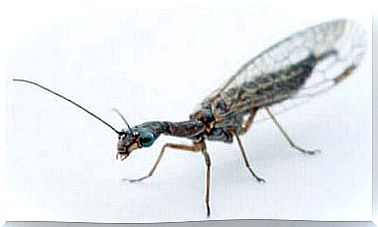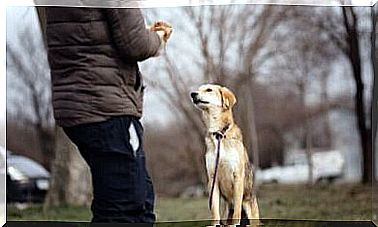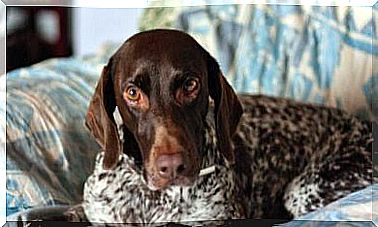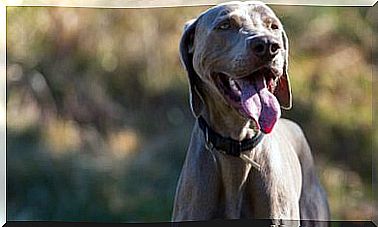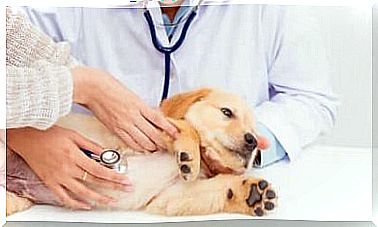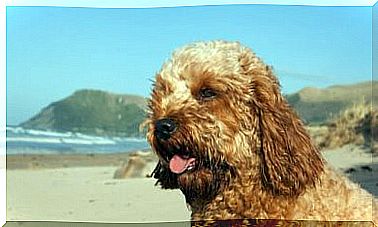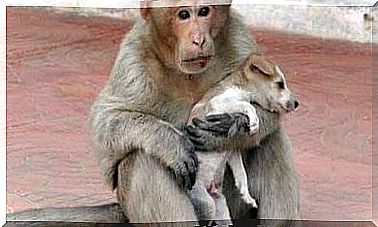Risks Of Dairy Products For Your Pet
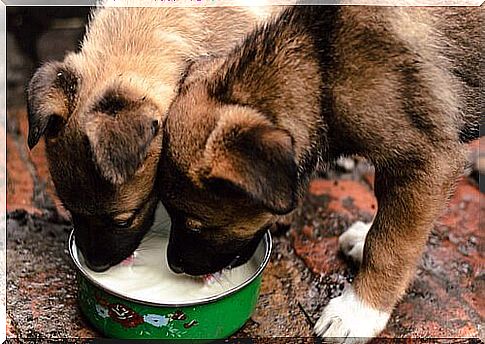
It is said that we humans are the only ones who consume milk from another species every day. Some want to extend this habit to their dogs or cats and offer the young animals cow’s milk. However, there are risks from dairy products that can harm the little ones organism.
Breast milk is exactly what puppies and kittens need. However, cow’s milk can cause them digestive problems such as diarrhea or constipation.
Risks of dairy products to your pet’s digestive system
When it comes to young animals, you will find that they continue to feel hungry after being fed cow’s milk. This is especially true for those animals that were separated from their mother too early. Dog and cat milk contain much more nutrients than cow’s milk.
Another factor that increases the risks of dairy products to our pets is the lactose in cow’s milk. This is a sugar protein and the enzyme lactase is necessary to digest it. These enzymes enable the animal’s intestines to break down the lactose.
However, dogs and cats do not have the necessary amount of lactase to digest the lactose contained in cow’s milk.
This leads to digestive problems, most commonly expressed as colic and diarrhea. In addition, this can lead to an imbalance, which can also lead to intolerance towards other feeds.
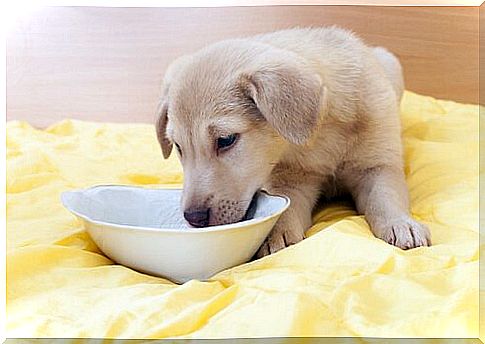
Puppies are most likely to suffer from lactose intolerance, but dairy products can also cause allergies in kittens. These problems usually show up 10 to 12 hours after consuming the products.
Diarrhea can cause bigger problems, especially in puppies. As a result, kittens and puppies quickly suffer from a lack of fluids and nutrients.
If you are caring for a kitten or puppy that has been separated from the mother too early, there are special breast milk substitutes available from pet shops and vets.
Mostly they come as a powder, which can then be easily prepared. Lactose-free cow’s milk is also an alternative.
Can I give cheese or yogurt to my pet?
The risks of dairy products such as cheese or yogurt are much lower because they contain much less lactose than milk.
Most cats and dogs therefore tolerate them better , but of course there are also very sensitive animals that cannot digest these products themselves.
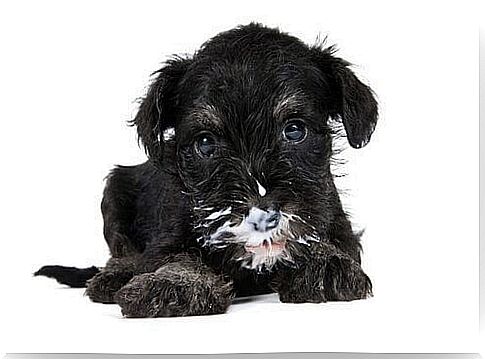
However, both cheese and yogurt contain more calcium than your pet really needs. Keep in mind that too much calcium or protein can lead to bone problems in the long run.
But it’s also true that some vets occasionally recommend yogurt. The Lactobacillus acidophilus is a bacterium that can support the intestinal flora of the animal.
You can even use it to help your pet recover from gastrointestinal problems, as long as you feed the right dose.
We recommend a maximum of one spoonful of natural, unsweetened yogurt every 12 hours. The animal can eat up to half a cup of yoghurt on an empty stomach.
Our pets usually love cheese, but it can also cause the undesirable reactions to lactose.
If you still want to share it with your furry friend or your velvet paw, make sure that it is low in fat, because that way they can digest it better.
Spreadable cream cheese is best for our pets. But also keep in mind that all dairy products can cause an allergic reaction, so ultimately they should be avoided for the most part in pet nutrition.
